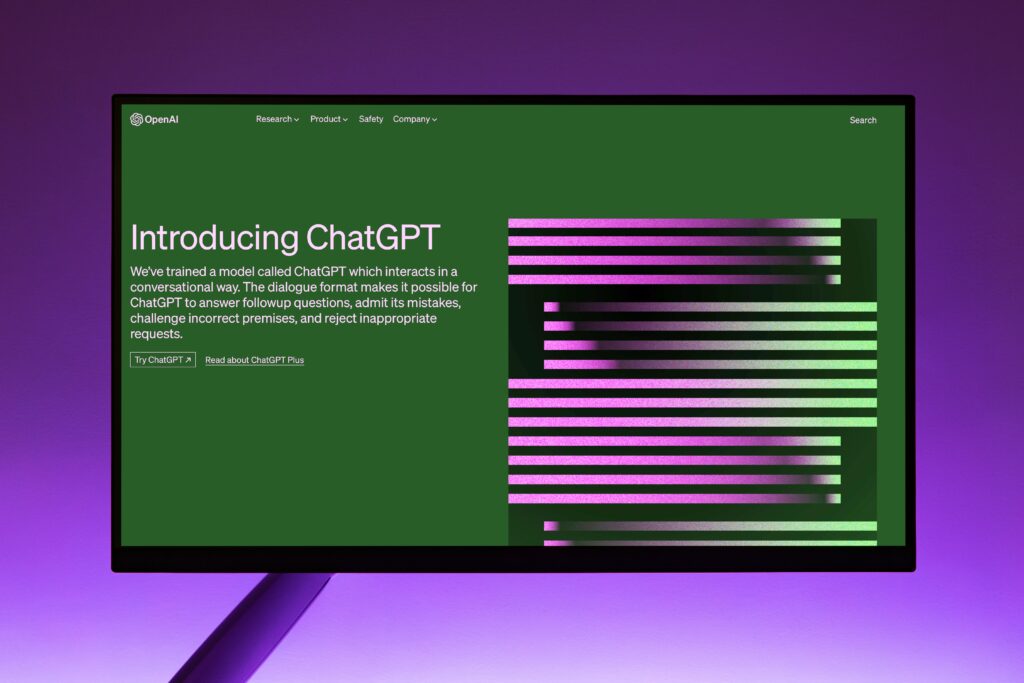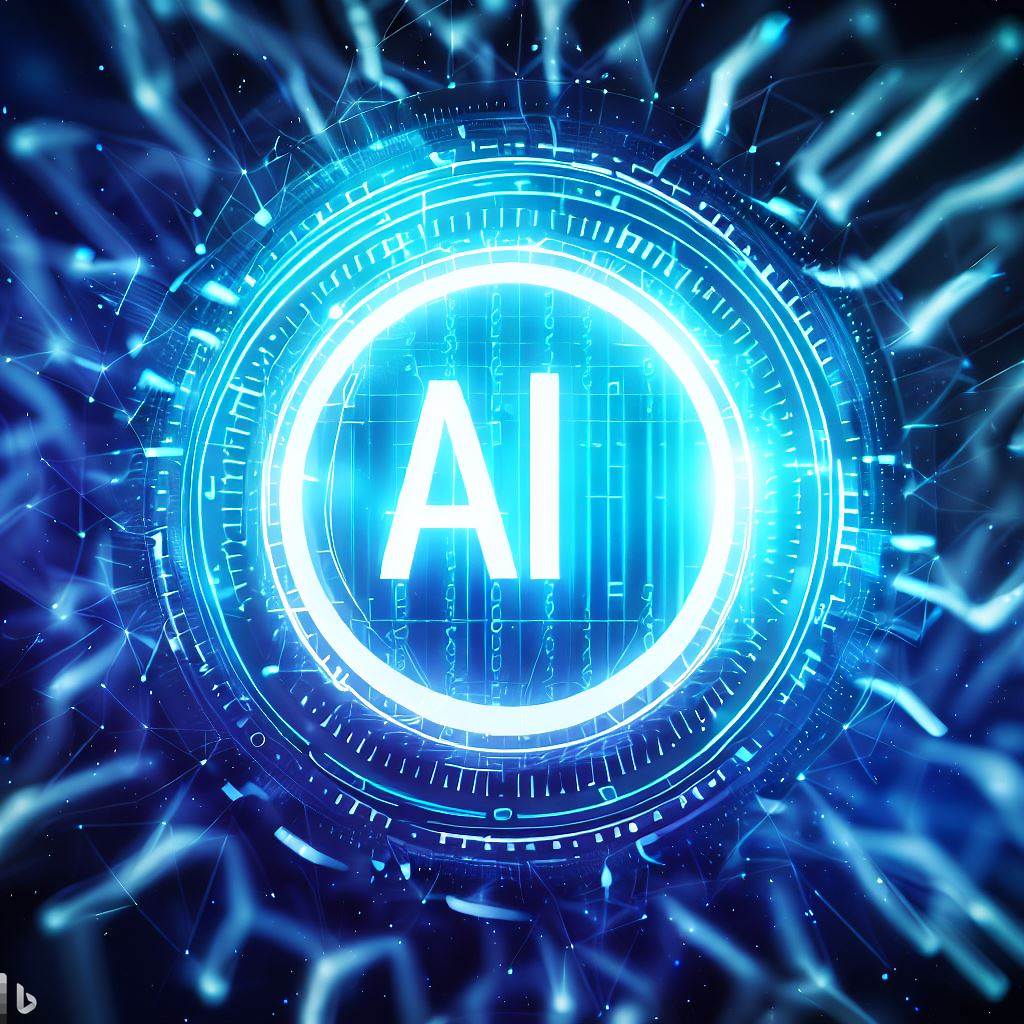
Meta Description: Explore the remarkable rise of ChatGPT, an AI-powered chatbot that has taken the world by storm. Discover its current impact on industries, its integration with Mercedes’ voice assistant, and the challenges it faces. Get a glimpse into the uncertain yet promising future of ChatGPT.
Introduction:
In the ever-evolving world of artificial intelligence, one tool has been making waves across industries worldwide: ChatGPT. This AI-powered chatbot has garnered both admiration and skepticism since its emergence in late 2022. Let’s take a closer look at the past, present, and future of OpenAI’s revolutionary creation.
The Rise of ChatGPT:
ChatGPT’s journey began with cautious optimism but quickly surpassed expectations. Its popularity skyrocketed, becoming an indispensable tool across various sectors, boosting productivity, and enhancing efficiency. From healthcare to customer service and beyond, ChatGPT has become ubiquitous.
Where Are We Now?
As the demand for AI-powered tools continues to grow, industry leaders are keen to capitalize on ChatGPT’s capabilities. One notable example is the recent integration of ChatGPT into Mercedes’ in-car voice assistant. This collaboration aims to enhance the intuitiveness and intelligence of the assistant by leveraging ChatGPT’s language processing capabilities. Drivers can expect a more conversational and comprehensive voice command experience, with features like fault troubleshooting and automatic garage booking.
While the demand for such features is evident, ChatGPT has faced resistance from tech giants like Samsung and Apple, who have banned their employees from using the tool. Additionally, major US banks, including Goldman Sachs and Bank of America, have followed suit. Concerns over privacy and security breaches have also led countries like Italy to ban ChatGPT’s use entirely. These challenges highlight the need for resolving issues such as misinformation (“hallucinations”) to establish trust and reliability.
The Future of ChatGPT: Uncertainty and Promise
Looking ahead, the future of ChatGPT remains uncertain yet promising. Though there are issues to address, the potential benefits of this innovative technology are vast. Businesses and individuals can leverage ChatGPT to streamline tasks, boost productivity, and achieve greater efficiency.
Despite the controversies surrounding ChatGPT, it has undoubtedly emerged as one of the most revolutionary innovations of the decade. The technology holds tremendous potential, and with continued advancements and refinements, it could shape the future of AI and human interaction.
Future Predictions:
- Enhanced Security Measures: OpenAI recognizes the concerns surrounding ChatGPT’s security and privacy. In response, they collaborate with leading cybersecurity firms to develop robust security measures, ensuring the protection of user data and preventing unauthorized access.
- Contextual Understanding: OpenAI invests heavily in refining ChatGPT’s contextual understanding capabilities. Through advanced natural language processing models, ChatGPT becomes more adept at interpreting context, reducing instances of misinformation and improving conversational accuracy.
- Global Adoption and Regulation: In the coming years, ChatGPT witnesses a significant surge in global adoption. Governments and regulatory bodies collaborate to establish comprehensive guidelines and regulations, addressing the ethical and privacy implications of AI chatbots. This fosters trust and paves the way for responsible use.
Conclusion:
ChatGPT has undoubtedly made a significant impact since its introduction. Its rise to prominence highlights both the opportunities and challenges that accompany revolutionary technology. As developers work to iron out existing creases, the future of ChatGPT holds immense promise. It remains to be seen how this powerful AI tool will shape the way we interact with technology and revolutionize industries in the years to come.



